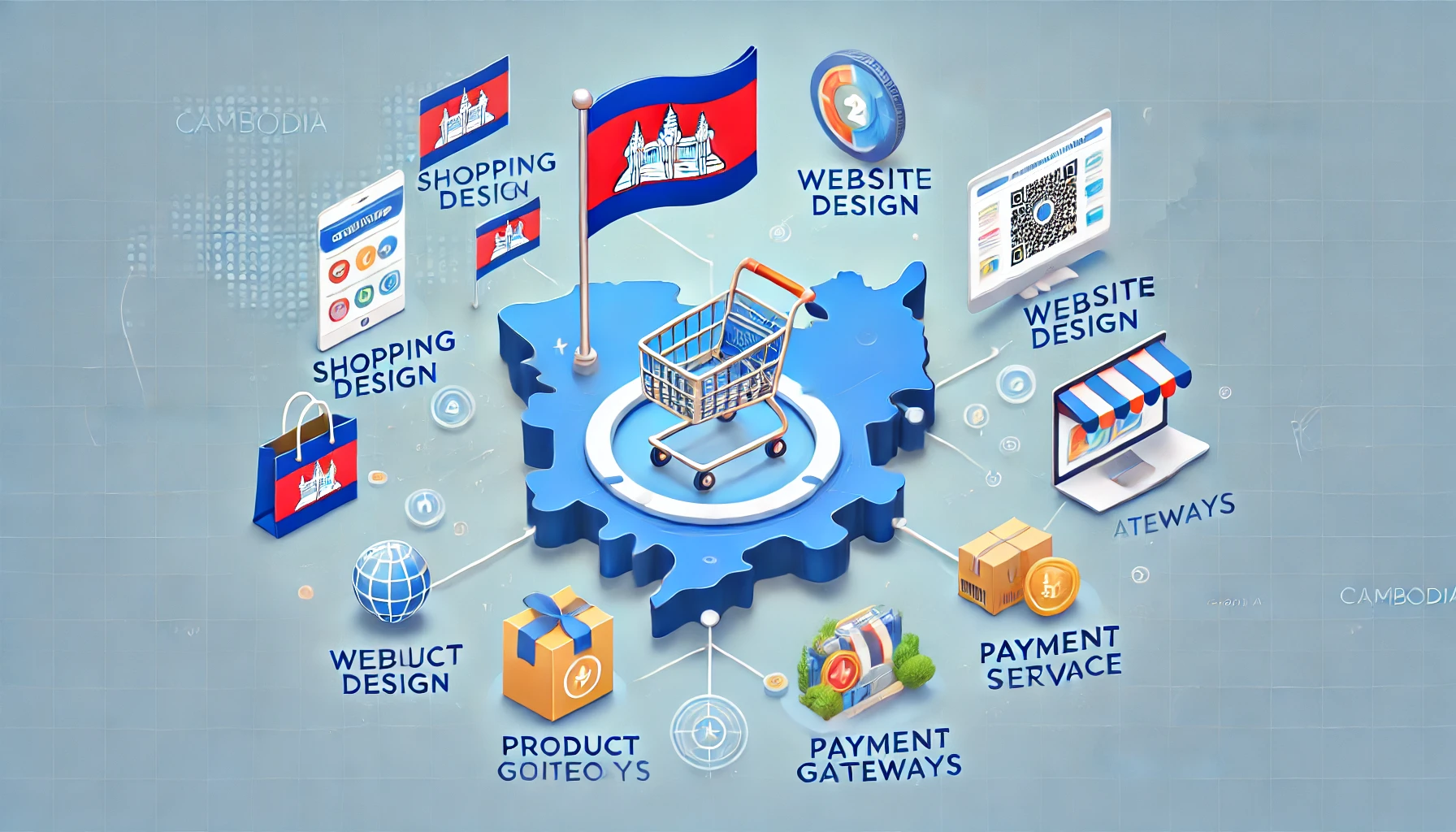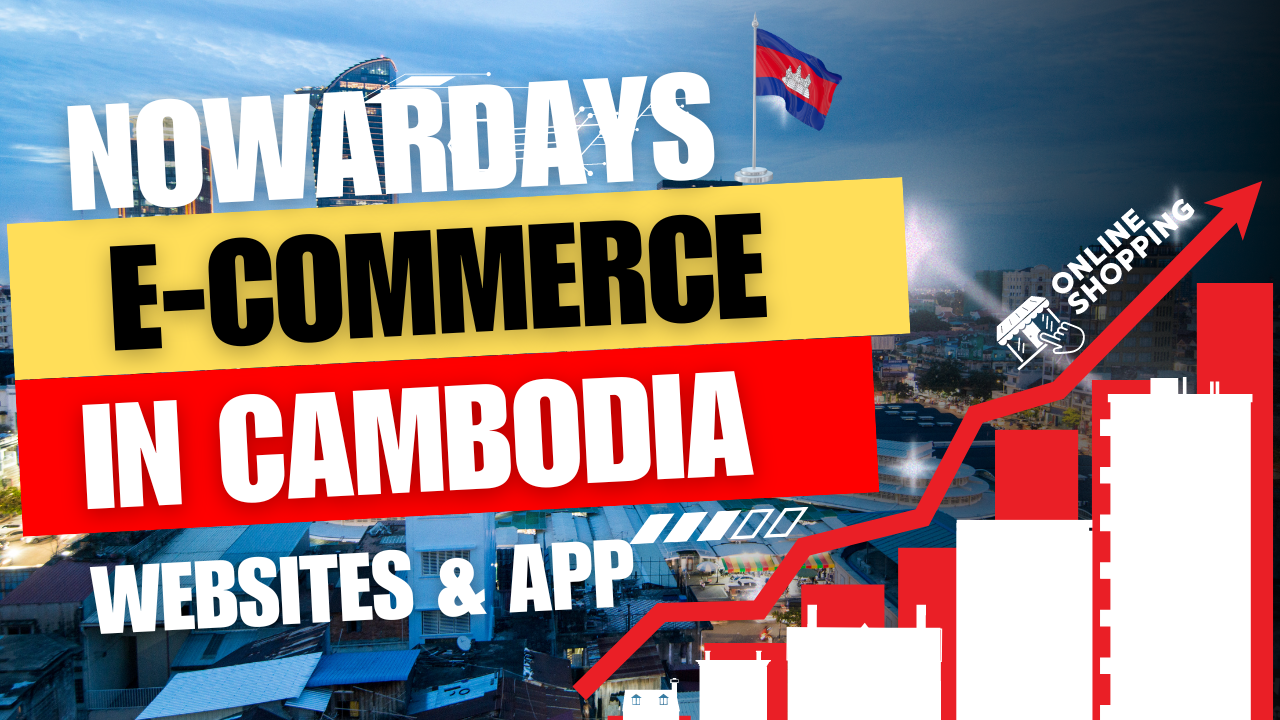In today’s digital age, establishing an online presence for your business is not just beneficial; it’s essential for success. Ecommerce, or electronic commerce, has revolutionized the way businesses operate and interact with customers. Whether you’re a small startup or a well-established enterprise, understanding the basics of ecommerce and how to get your business online is crucial. In this blog post, we’ll explore the fundamentals of ecommerce and provide actionable tips to help you take your business into the digital realm.

What is Ecommerce?
Ecommerce refers to the buying and selling of goods or services over the internet. It encompasses a wide range of activities, including online retail stores, digital marketplaces, online auctions, and more. With ecommerce, businesses can reach customers beyond geographical boundaries and operate 24/7, providing convenience and accessibility to both buyers and sellers.

Why Go Online?
The shift to ecommerce has been driven by changing consumer behavior and technological advancements. Here are some compelling reasons why getting your business online is essential:
- Expanded Reach: By going online, you can reach a global audience, breaking free from the limitations of physical storefronts.
- Lower Costs: Compared to traditional brick-and-mortar stores, ecommerce typically requires lower overhead costs, including rent, utilities, and staffing.
- Increased Flexibility: With an online business, you have the flexibility to manage operations from anywhere with an internet connection, offering convenience and work-life balance.
- Data-driven Insights: Ecommerce platforms provide valuable data and analytics that can help you understand customer behavior, preferences, and trends, enabling informed decision-making and targeted marketing strategies.
Getting Started with Ecommerce
Now that we’ve covered the importance of ecommerce, let’s discuss how to get your business online:
- Choose the Right Platform: Selecting the right ecommerce platform is crucial for your online success. Consider factors such as ease of use, customization options, scalability, and pricing when evaluating platforms like Shopify, WooCommerce, Magento, and BigCommerce.
- Create Compelling Product Listings: Invest time in creating high-quality product listings that accurately describe your offerings and highlight their unique features and benefits. Include clear images, detailed descriptions, pricing information, and customer reviews to enhance trust and credibility.
- Optimize for Mobile Devices: With a growing number of consumers using smartphones and tablets for online shopping, ensure that your ecommerce website is optimized for mobile devices. A responsive design and intuitive navigation will provide a seamless browsing and purchasing experience across different screen sizes.
- Implement Secure Payment Gateways: Security is paramount in ecommerce transactions. Integrate trusted payment gateways, such as PayPal, Stripe, or Square, to ensure secure and seamless payment processing for your customers.
- Drive Traffic with Digital Marketing: Once your online store is up and running, focus on driving traffic to your website through various digital marketing channels, including search engine optimization (SEO), social media marketing, email marketing, and pay-per-click (PPC) advertising.
- Provide Exceptional Customer Service: Excellent customer service is key to building long-term relationships and fostering loyalty. Offer multiple contact channels, respond promptly to inquiries and feedback, and strive to exceed customer expectations at every touchpoint.
In conclusion, ecommerce offers unparalleled opportunities for businesses to expand their reach, increase sales, and thrive in today’s competitive marketplace. By understanding the basics of ecommerce and following the tips outlined in this blog post, you can successfully take your business online and position yourself for success in the digital age. Embrace the power of ecommerce and unlock the full potential of your business on the world wide web.





